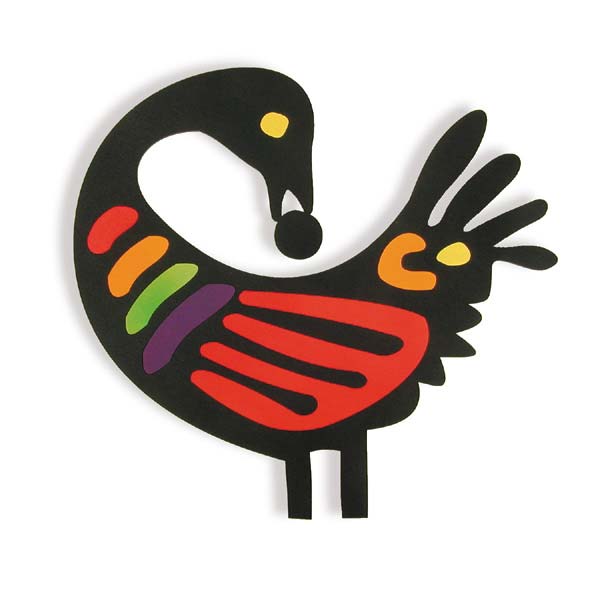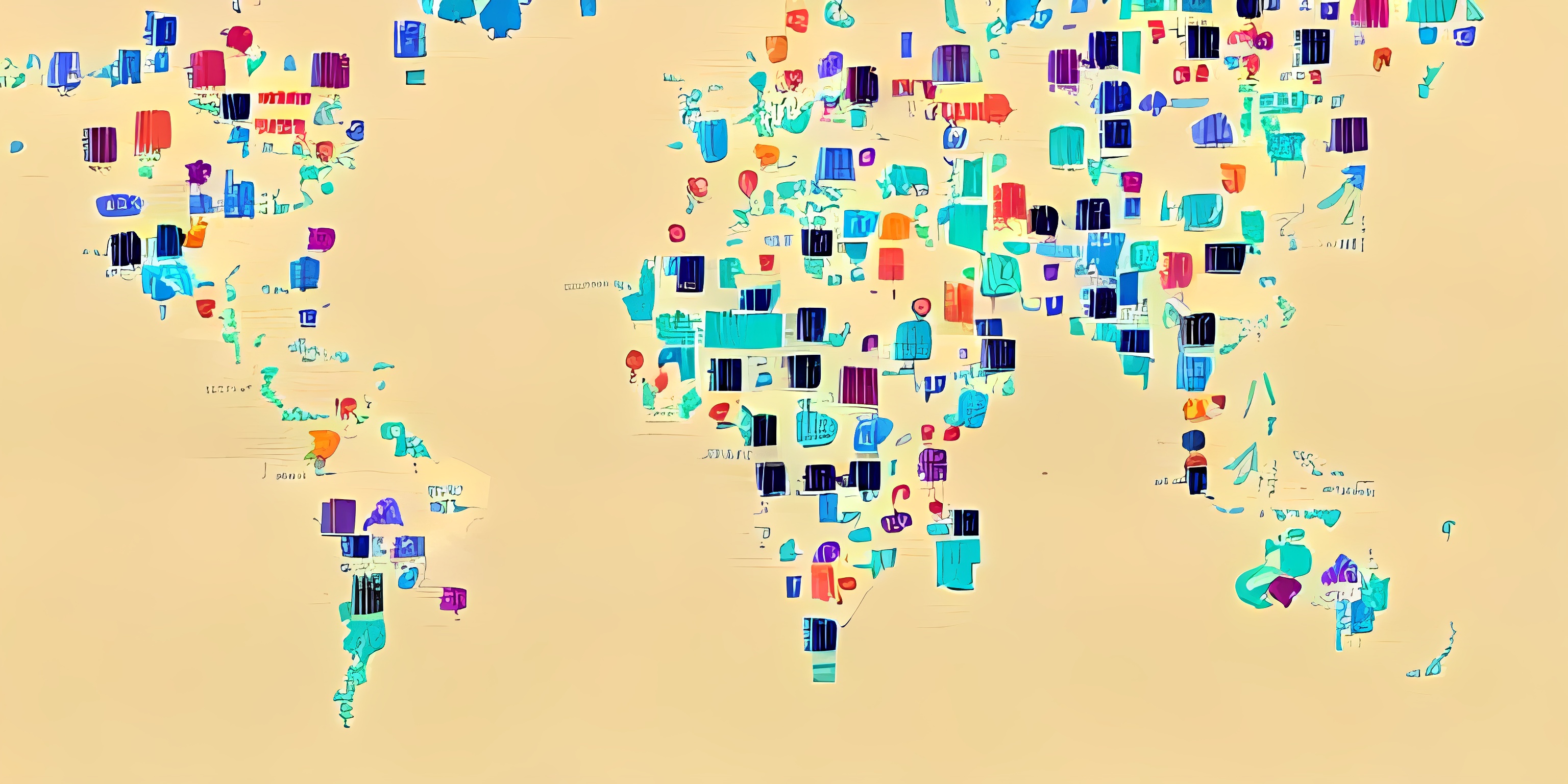
OBJECTIVES: The course is designed to consolidate the students’ language proficiency while focusing on the critical and literary contribution of contemporary Anglophone writers. Considering the ongoing technological development characterizing present-day society, the course offers an analysis of a wide range of material that, in an interdisciplinary and multimedia framework, will produce a critical interpretation of topical socio-political and cultural aspects of the contemporary Anglophone world.
SYLLABUS: The course offers an overview of the impact of the digital revolution on the analysis of contemporary Anglophone literary texts. Particular attention will be paid to the interrelationships between black music and African-American literature, in order to reconsider related socio-cultural phenomena and to reflect on the study of English in its linguistic varieties.
TEACHING METHOD: The teaching method involves classes supported by online presentations and audio-visual material relating to the topics being covered. The course is taught in English. Students are expected to come to class having read all the assigned readings. In addition, they should be prepared to engage in in-class discussions. Lecture attendance is not compulsory but is strongly recommended.
ASSESSMENT: The final exam is both written and oral. The Written Exam consists of a series of open-ended questions based on the syllabus, and will be followed by an Oral Exam, whose outcome may affect positively or negatively the grade of the Written Exam.
- Docente: Adriano Elia

The course is designed for participants with a diverse profile. It aims to provide the necessary skills for creating digital content to support research in political sciences, modern and contemporary history, economics, and textual sciences.
By the end of the course, you will have completed a digital humanities project for your personal portfolio. The project will be based on your research interests and will demonstrate the skills you have acquired. To achieve this, we will dedicate a portion of our weekly meetings to in-class exercitations and project discussions.
The course «Digital Humanities» is scheduled to begin on October 18, 2023, and conclude on December 20, 2023.
Take a look at the course's website: https://digitalhumanities.site
CONTENTS:
Please refer to the syllabus on the course's website: https://digitalhumanities.site/syllabus/
- The “digital” of Digital Humanities.
- What is Digital Humanities? Can it be defined?
- The history of Digital Humanities (What is Digital Humanities? - Part II).
- What is ‘data’?
- Forms of data and data-sets.
- Data cleaning and manipulation.
- Presenting data. Data analysis.
- Reconsidering data manipulation. Missing data.
- Data visualization: history, methods, and tools.
- Text analysis and topic modeling; possibilities and drawbacks.
- Algorithms of textual analysis.
- Infographic: A history of data graphics.
- Introduction to HTML and CSS.
- Concepts of web design.
- Digital maps.
- GIS and digital gazetteers.
- Introduction to AI: From the first models to machine learning.
- Deep machine learning.
- An introduction to artificial neural networks.
- Docente: DAVID SEBASTIANI